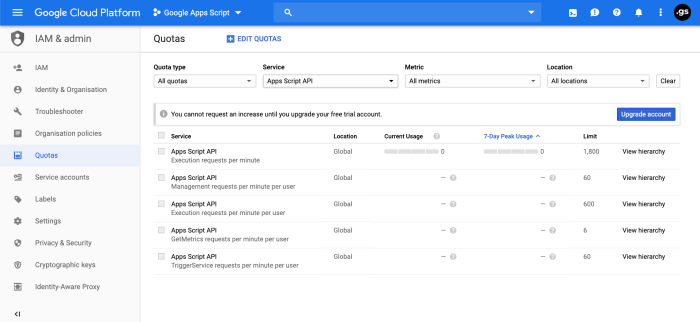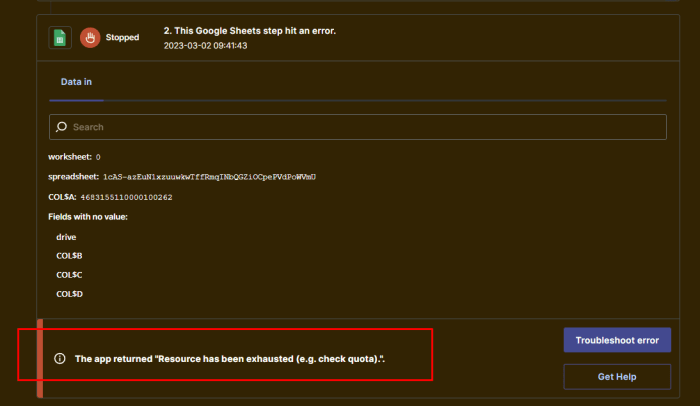NFT business risks is a topic that demands attention, as it delves into the complexities and potential pitfalls associated with the rapidly evolving world of non-fungible tokens. This article aims to provide a comprehensive overview of the risks involved in NFT transactions, empowering readers with the knowledge to navigate this dynamic market.
From legal considerations to market volatility, scams, and ethical implications, we will explore the multifaceted nature of NFT business risks, offering insights and strategies for mitigating potential losses and maximizing opportunities.
Environmental Concerns
The environmental impact of NFTs has become a growing concern in recent times. The energy consumption associated with blockchain technology and NFT minting has raised questions about the sustainability of this emerging digital art form.
Energy Consumption
Blockchain technology, the underlying technology behind NFTs, relies on a distributed network of computers to verify and record transactions. This process, known as mining, requires significant computational power and energy consumption. The energy consumption associated with NFT minting can vary depending on the specific blockchain used, with some blockchains being more energy-intensive than others.
For example, the Bitcoin blockchain, which is known for its high energy consumption, uses a proof-of-work consensus mechanism that requires miners to solve complex mathematical problems to validate transactions. This process consumes vast amounts of electricity, and it is estimated that the Bitcoin network alone consumes more energy than the entire country of Denmark.
While other blockchains, such as Ethereum, have transitioned to more energy-efficient consensus mechanisms like proof-of-stake, the energy consumption associated with NFT minting remains a concern.
Potential Solutions, NFT business risks
There are several potential solutions to reduce the environmental footprint of NFTs. One approach is to use more energy-efficient blockchain technologies. Another solution is to develop more sustainable mining practices, such as using renewable energy sources or optimizing mining algorithms.
Additionally, artists and collectors can choose to mint NFTs on blockchains with lower energy consumption. By raising awareness about the environmental impact of NFTs and promoting sustainable practices, the NFT community can work towards a greener future for this exciting digital art form.
Despite the allure of lucrative profits, NFT businesses are not immune to risks. To mitigate these challenges, consider implementing an Enterprise Resource Planning (ERP) system. How to ERP: A Comprehensive Guide to Successful Implementation provides valuable insights into streamlining operations, enhancing data management, and minimizing NFT business risks.
Ethical Implications: NFT Business Risks

The rise of NFTs has sparked ethical concerns, particularly regarding their potential for promoting exclusivity and their impact on the art world. Critics argue that NFTs could exacerbate existing inequalities by creating a divide between those who can afford to participate in the NFT market and those who cannot.
NFTs have also been criticized for their potential to undermine the democratization of art. In the traditional art world, anyone can view and appreciate a work of art in a museum or gallery. However, with NFTs, ownership of a digital artwork is restricted to the person who purchases the NFT, potentially limiting access to art for the general public.
Responsible Use and Ethical Implications
To address these concerns, it is important to consider the responsible use and ethical implications of NFTs. This includes ensuring that NFTs are not used to promote exclusivity or undermine the democratization of art. Additionally, it is important to consider the environmental impact of NFTs, as the creation and trading of NFTs can consume significant amounts of energy.
Financial Risks

Investing in NFTs carries inherent financial risks, including the potential for losing value or becoming worthless. NFTs derive their value from their uniqueness and scarcity, but this value can fluctuate significantly depending on market demand. As with any investment, the value of an NFT can decrease if the market loses interest or if there are concerns about its authenticity or legitimacy.
Evaluating Financial Viability
To mitigate financial risks, investors should carefully evaluate the viability of NFT investments. Consider the following factors:
Market trends
Research the current NFT market and its historical performance to assess the potential for growth or decline.
NFT type
Different types of NFTs, such as art, collectibles, or virtual real estate, have varying levels of risk and potential return.
Artist reputation
The reputation and track record of the artist or creator behind the NFT can influence its value.
Rarity and uniqueness
NFTs with limited editions or unique attributes tend to have higher value.
Liquidity
NFTs can have limited liquidity, meaning it may be difficult to sell them quickly at a desired price.
Storage and Preservation
Storing and preserving NFTs presents unique challenges due to their digital nature and the potential for data loss or corruption. Secure storage solutions and backup mechanisms are crucial to safeguard the integrity and accessibility of NFTs.
While the NFT market presents lucrative opportunities, it’s essential to be aware of the inherent risks involved. To navigate these risks effectively, small businesses can consider implementing Enterprise Resource Planning (ERP) systems. Unlock Growth with ERP for Small Businesses: The Ultimate Guide provides valuable insights into leveraging ERP to streamline operations, reduce costs, and enhance decision-making.
By mitigating NFT business risks and optimizing their operations, small businesses can unlock sustainable growth and profitability.
Data Loss and Corruption
NFTs rely on blockchain technology, which is inherently decentralized and immutable. However, data loss or corruption can occur during storage or transmission, resulting in the loss of the NFT or its associated value.
Secure Storage Solutions
Specialized storage solutions, such as dedicated NFT wallets or cloud-based platforms, provide enhanced security measures to protect NFTs from unauthorized access and data breaches. These solutions typically employ encryption, multi-factor authentication, and secure infrastructure to ensure the safety of stored NFTs.
Backup Mechanisms
Creating multiple backups of NFTs across different storage locations is essential for long-term preservation. Regular backups safeguard against data loss due to hardware failures, cyberattacks, or accidental deletion.
In the realm of digital assets, NFTs (Non-Fungible Tokens) present unique opportunities and risks. However, businesses venturing into the NFT space can leverage Maximize Efficiency with Cloud-Based ERP Systems: A Guide for Modern Businesses to streamline operations, mitigate risks, and enhance decision-making.
By adopting cloud-based ERP systems, NFT businesses can gain real-time visibility into their operations, automate workflows, and improve collaboration, ultimately reducing operational costs and enhancing risk management strategies.
Long-Term Preservation
The long-term preservation of NFTs is crucial to ensure their future value. As technology evolves, it is essential to migrate NFTs to compatible storage solutions and formats to prevent obsolescence. Collaboration between NFT creators, storage providers, and technology experts is necessary to develop sustainable preservation strategies.
Outcome Summary

Understanding NFT business risks is crucial for anyone considering investing in or engaging with non-fungible tokens. By being aware of the potential pitfalls and implementing appropriate risk management strategies, individuals can navigate the NFT market with greater confidence and increase their chances of success.
Detailed FAQs
What are the most common NFT scams?
Some common NFT scams include fake NFT marketplaces, phishing attacks, and rug pulls, where creators abandon projects after raising funds through NFT sales.
How can I protect myself from NFT scams?
To protect yourself from NFT scams, it’s important to research marketplaces and projects thoroughly, be cautious of unsolicited messages or offers, and use reputable NFT wallets with strong security measures.
What are the environmental concerns associated with NFTs?
NFTs are often criticized for their environmental impact, as the blockchain technology they rely on can consume significant amounts of energy. However, efforts are being made to develop more sustainable NFT solutions.





